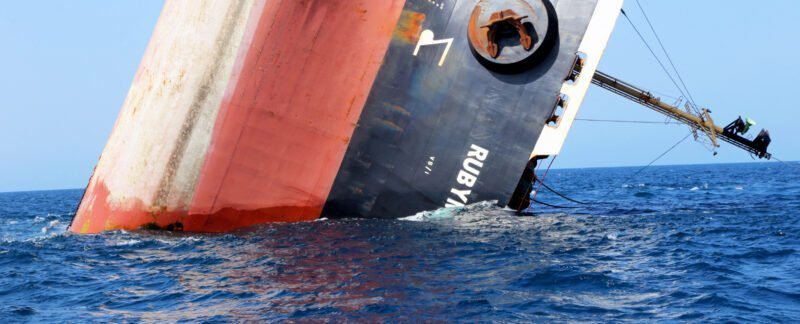The Red Sea has seen a rise in maritime insecurity due to attacks by the Houthi militia in Yemen since November 2023. These attacks, which include missile strikes on vessels and threats to submarine cables, have disrupted crucial shipping routes for global trade, impacting African nations the most. This has led to delays, increased costs, and environmental damage, highlighting Africa’s vulnerability to maritime threats and the need for stronger security measures.
Despite efforts to combat piracy, African navies lack the capabilities to address the evolving threat landscape. The spike in maritime incidents not only endangers trade but also hampers efforts to promote blue economy opportunities. To address this, African countries need to enhance maritime domain awareness, strengthen security cooperation, expand information fusion centers, and revive dormant security structures. Diplomatic efforts are also crucial to safeguard trade routes and subsea cable networks, potentially through partnerships with countries like Turkey and India.
African nations must assert their collective voice in international forums to advocate for maritime security and promote cooperation among stakeholders. By prioritizing maritime security strategies and programs, Africa can emerge as a key player in safeguarding its maritime interests and ensuring the free flow of goods and communications networks. The urgent need for robust security measures in the region is evident, with the Red Sea becoming a hotspot of maritime insecurity that threatens global trade and environmental stability.



